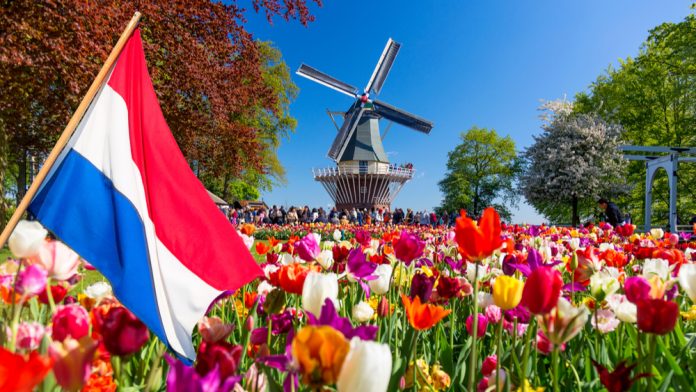A letter recently sent by Sander Dekker, minister for legal protection, pinpointed two key updates on the newly launched online gambling market within the Netherlands.
Highlighting the current “state of affairs” in response to Dekker’s letter, Rene Jansen, KSA chair, revealed that Dutch players are increasingly turning away from illegal operators and utilising the betting and gaming services of firms officially licensed in the Dutch market.
Jansen noted: “An important preliminary conclusion is that many players who previously found their way to illegal online providers have switched to legal providers. We can see this from the web traffic that the KSA constantly monitors.
“An important factor in this respect is the fact that a number of large international providers decided to stop offering games of chance to Dutch players as of October 1. This was their response to the adjusted enforcement and fines policy that the Ksa announced at the end of September.
“The fact that many players switched from illegal to legal providers is good news. After all, the most important objective of the Remote Gambling Act is to channel players from illegal to legal offerings.
“Legal providers can be supervised, so that players are assured of a fair game, correct payout and – above all – sufficient attention to addiction prevention.”
A total of 11 operators have been granted full licences to provide online betting and gaming services in the Netherlands – in September domestic firms Holland Casino, ToTo Online and FPO Netherlands were green-lit to begin operations along with international companies NSUS Limited, PlayNorth Limited, bet365, Tombola, LiveScore Group, VirginBet, BetEnt BV and Bingoal BV, whilst JOI Gaming Limited became the latest to join the marketplace.
Under the terms of the KOA Act a number of fines and enforcements have been implemented in order to disrupt the illegal online gambling market, whilst also conducting extensive monitoring of and investigations into a number of unlicensed companies, most recently penalising 13 affiliate advertisers for promoting illegal gambling services.
The second key update, according to Jansen, was that the size of the online market “was and is larger than we previously thought”.
This has seen Dutch authorities revise the initial figure for the size of the online market in 2021 from a gross gaming revenue of €580m to €814m – a factor which Jansen believes demonstrates that the decision to legalise online wagering in the country was a ‘wise one’ which had not ‘come too soon’.
“Should we be shocked that the online gambling market is dealing with more money than we previously thought? You can look at that differently,” Jansen stated.
“For me, it says above all that the political decision to legalise and regulate online gambling is a wise one and nothing has come too soon. The larger the market, the more reason to protect consumers well against the risks associated with games of chance.”
On the back of the abovementioned, Jansen reiterated that “this is only the beginning: for the market, noting that there will be “more licence holders” making it “too early” to draw a “firm conclusion”.
Dekker concluded his letter stating that the next update to the Dutch parliament on data relating to the online gambling sector will be in spring 2022, with the first evaluation of the Act taking place in three years time.









